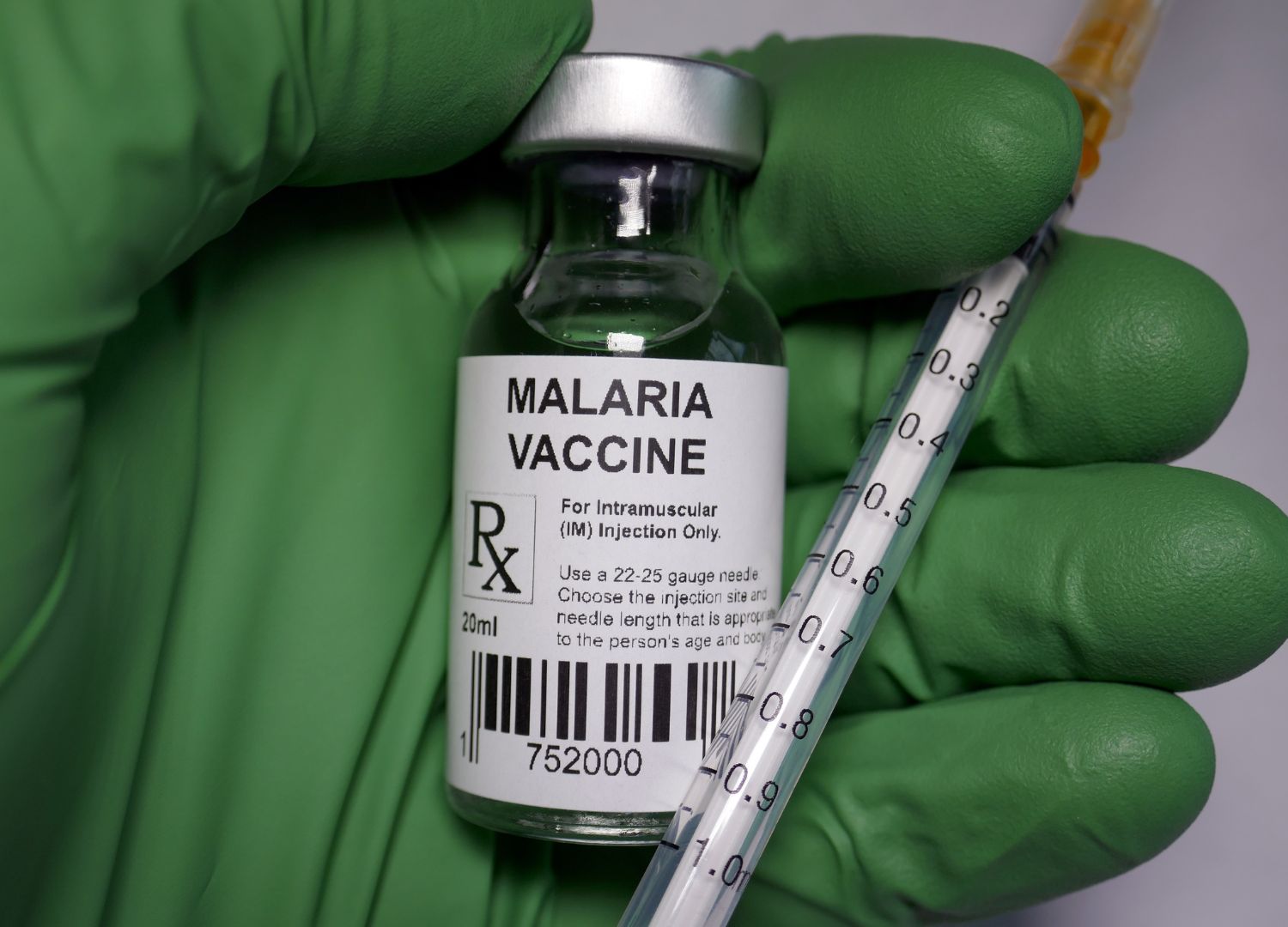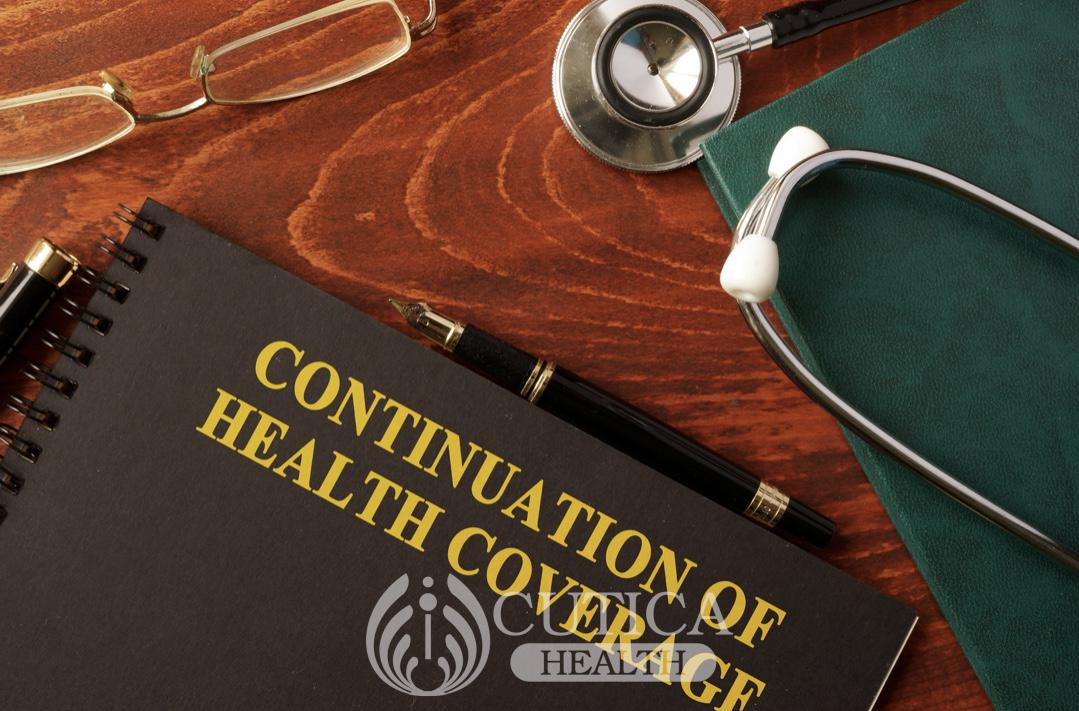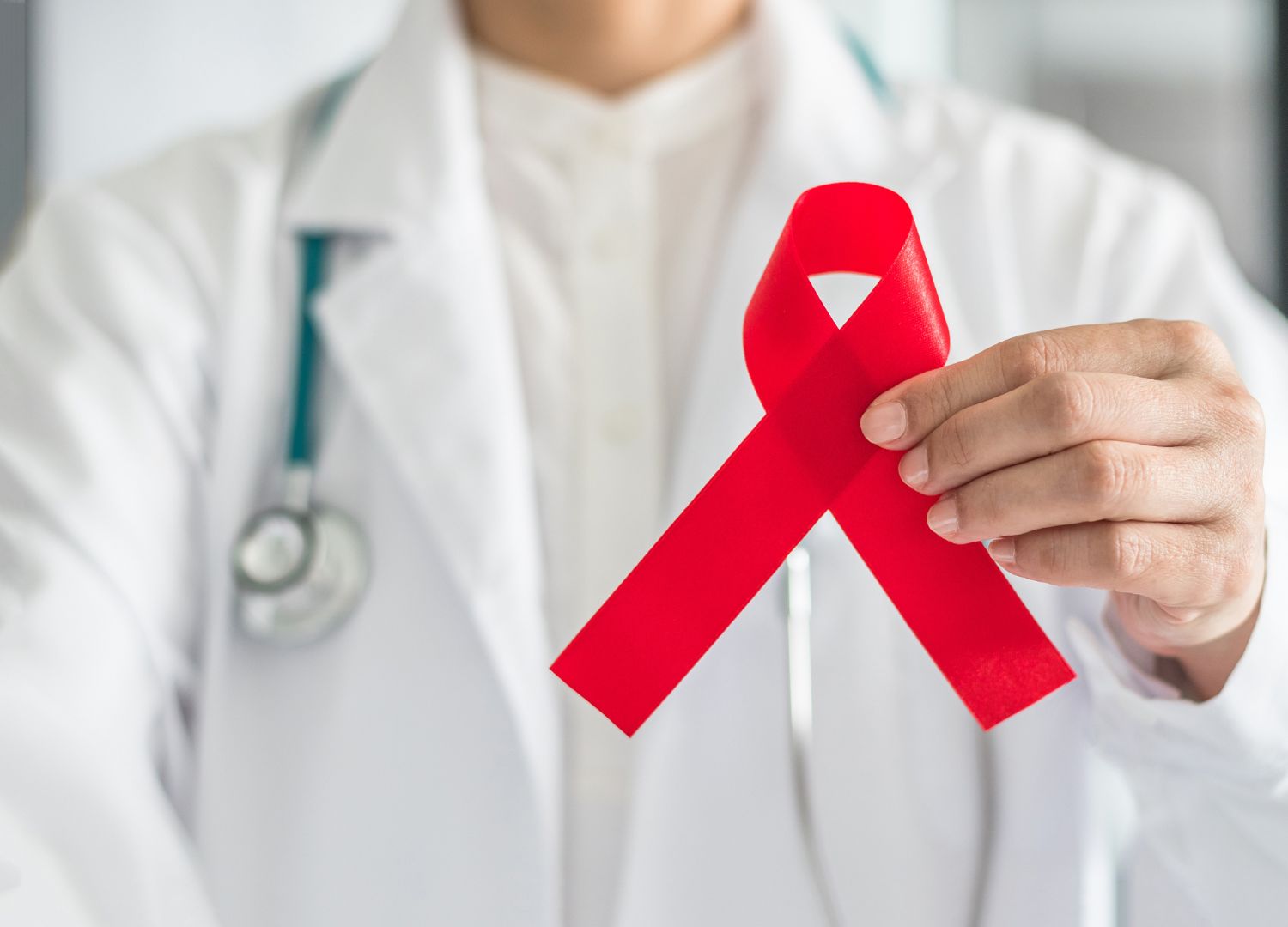
Introduction
Malaria has long been a formidable health challenge for Nigeria, the country with the highest burden of the disease in the world. The introduction of the R21 malaria vaccine marks a historic breakthrough, offering hope for significantly reducing the toll of malaria and reshaping the nation’s public health landscape. The first 846,000 doses of the R21 vaccine arrived in Abuja, Nigeria in October 2024. The first phase of the rollout will take place in Kebbi and Bayelsa States, which have high malaria prevalence.
The Burden of Malaria in Nigeria
Malaria continues to be one of Nigeria's leading public health problems, with millions of cases reported annually. According to the World Health Organization (WHO), Nigeria accounts for nearly 27% of global malaria cases and 23% of malaria deaths. The disease disproportionately affects children under the age of five and pregnant women, contributing to high rates of morbidity and mortality.
Malaria’s impact goes beyond health, straining the economy and affecting productivity. In 2023 alone, Nigeria’s economic output suffered losses estimated at billions of dollars due to malaria-related absenteeism and healthcare expenses.
The R21 Malaria Vaccine: A Promising Solution
The R21 vaccine, developed by the University of Oxford and manufactured by the Serum Institute of India, has shown remarkable promise in clinical trials. With an efficacy of up to 77%, it stands out as a highly effective tool for malaria prevention, surpassing the World Health Organization’s minimum efficacy target of 75% for malaria vaccines.
How it's being administered
The vaccine is given in four doses as part of Nigeria's routine immunization schedule for children under one year of age

Key Features of the R21 Vaccine
- High Efficacy: The vaccine demonstrated 77% efficacy in trials, offering strong protection against malaria.
- Safety Profile: Clinical studies showed the R21 vaccine to be well-tolerated, with side effects limited to mild symptoms such as low-grade fever and soreness at the injection site.
- Manufacturing Capacity: With its production partnership involving the Serum Institute, the vaccine can be produced on a large scale, ensuring its availability and affordability for countries with high malaria burdens, like Nigeria.
Impact on Public Health in Nigeria
1. Reduction in Child Mortality
Malaria is a leading cause of death among children under five in Nigeria, claiming the lives of thousands annually. The introduction of the R21 vaccine is expected to significantly reduce child mortality rates. By providing immunity during the most vulnerable years of life, this vaccine can save countless young lives and contribute to better health outcomes in the long term.
2. Lower Healthcare Costs
The economic burden of malaria treatment on both households and the public health system is substantial. With widespread vaccination, fewer cases will translate into reduced hospital admissions and lower healthcare expenses. This can help divert resources to other pressing health issues, improving the overall quality of healthcare services.
3. Improved Productivity and Economic Benefits
Malaria contributes to high absenteeism rates, affecting productivity in various sectors. The vaccine rollout is expected to reduce the incidence of malaria, allowing children to attend school consistently and adults to engage in work without interruptions. The resulting economic boost can be transformative, particularly in communities where malaria has been a major barrier to development.

Challenges to Address
1. Distribution and Access
Ensuring that the vaccine reaches the most vulnerable populations will be a key challenge. Effective distribution channels, community engagement, and public awareness campaigns will be critical to overcoming logistical hurdles and vaccine hesitancy.
2. Sustained Funding and Support
While initial funding for the vaccine rollout may come from international bodies and partnerships, sustained government investment will be essential for long-term success. Continuous support will help ensure that vaccination campaigns are comprehensive and equitable.
Partnerships and Collaborations
Nigeria’s health authorities are partnering with global organizations, including the WHO, UNICEF, and the Global Fund, to facilitate the vaccine’s introduction. Collaborative efforts will help streamline the vaccine's rollout, focusing on high-risk areas first and scaling up efforts as resources allow.
Conclusion
The introduction of the R21 malaria vaccine in Nigeria is a pivotal moment in the fight against malaria. Its high efficacy and potential to reduce mortality and economic losses make it a critical addition to Nigeria's public health arsenal. If implemented successfully, the R21 vaccine could pave the way for a malaria-free future, transforming lives and strengthening the country’s public health framework.
Nigeria’s embrace of the R21 vaccine showcases not just a medical milestone but a beacon of hope for millions, signalling the possibility of overcoming one of the nation’s most persistent health challenges.












